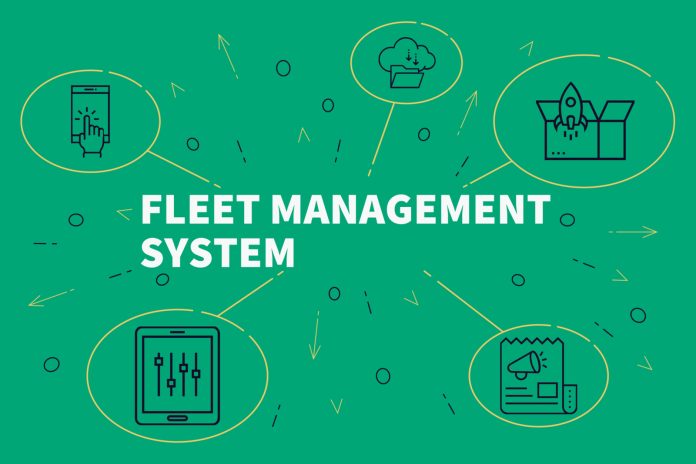Managing a fleet of vehicles is a complex task that requires the right tools and technology. Among the most important of these tools are fleet GPS tracking systems. These systems offer numerous benefits, from increasing productivity to improving safety. But with so many GPS tracker for fleet vehicles on the market, how do you choose the right one? In this article, we will explore the essential features of GPS fleet tracking companies and commercial vehicle tracking systems. Whether you’re looking for GPS for fleet vehicles or vehicle tracking services, this guide will help you navigate the world of fleet tracking companies and truck fleet tracking.
1. Real-time tracking
One of the most important features to look for in a fleet vehicle tracking system is real-time tracking. This allows you to see where your vehicles are at all times, giving you greater control over your fleet and helping you make more informed decisions. Real-time tracking can also be a valuable tool for improving customer service, as it allows you to provide accurate delivery times and quickly address any issues that may arise.
2. Route optimization
Another essential feature of a good GPS tracking system is route optimization. This feature analyzes traffic conditions, road closures, and other factors to determine the most efficient route for each vehicle. By optimizing routes, you can reduce fuel consumption, improve productivity, and minimize wear and tear on your vehicles.
3. Safety alerts
Safety should always be a top priority when managing a fleet of vehicles. Look for a GPS tracking system that includes safety alerts, such as speed alerts, harsh braking alerts, and geofencing alerts. These features can help you monitor driver behavior, ensure compliance with safety regulations, and reduce the risk of accidents.
4. Reporting and analytics
Data is a powerful tool for fleet management. A good GPS tracking system will provide detailed reports and analytics, giving you insights into fuel consumption, driver behavior, vehicle usage, and more. This data can help you identify areas for improvement, make informed decisions, and measure the effectiveness of your fleet management strategies.
5. Integration capabilities
Finally, consider the integration capabilities of the GPS tracking system. The system should be able to integrate with other software and systems you use, such as maintenance management software or accounting systems. This can help streamline your operations and make your fleet management more efficient.
In conclusion, when evaluating GPS fleet tracking companies and commercial vehicle tracking systems, it’s important to look for features like real-time tracking, route optimization, safety alerts, reporting and analytics, and integration capabilities. By choosing a system with these features, you can improve the efficiency, safety, and productivity of your fleet.


